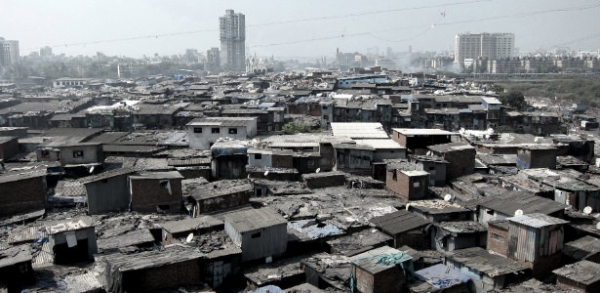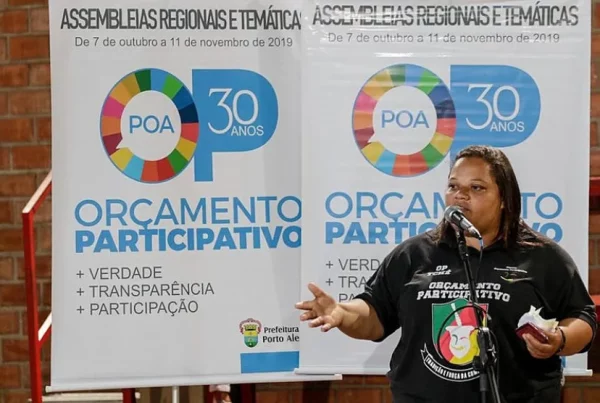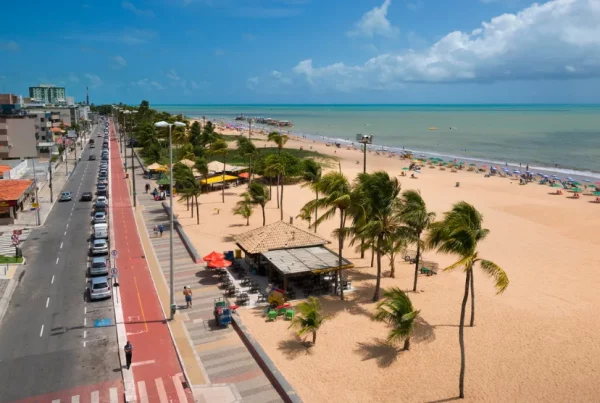
No artigo Governance in an emerging suburban world, destaque da Revista Cadernos Metrópole, Pierre Hamel e Roger Keil partem da afirmação de que as cidades são crescentemente definidas pelas suas periferias. A produção dos espaços suburbanos, através de diversas modalidades de governança (Estado, acumulação de capital e autoritarismo privado), vem transformando cidades-região de maneiras inesperadas. A diversidade de formas espaciais que moldam o desenvolvimento suburbano traz novas escalas para a compreensão das questões urbanas. Os autores tratam dessas questões emergentes a partir do caso canadense, abrindo importante perspectiva para estudos comparados.
O artigo “Governança em um mundo suburbano emergente” é um dos destaques do Dossiê Especial “Planejamento Urbano e Regional: percursos e desafios”, presente na edição 37 da Revista Cadernos Metrópole.

Abstract
Cities are increasingly defined through their peripheries. This observation is the result of what has been explored by urban researchers worldwide. Suburban development, with diverse modalities of governance – through the state, capital accumulation and private authoritarianism – is transforming city regions in an unexpected way. The diversity of spatial forms shaping urban/suburban development is part of a peripheral growth bringing in a new scale for understanding urban issues, the metropolis or the city region. The paper is subdivided in four parts. First, we take into account the expansion of suburban spaces in order to highlight the new urban issues emerging at a city regional scale. Second, we look at framing the mechanisms of suburban governance. Then, after paying attention to the Canadian situation, we compare the model of suburban governance in Anglo Saxon settler societies to other forms and/or models of suburbanization prevailing in other parts of the world.
Introduction
Due to recent transformations of metropolitan and/or city regions, suburban spaces have seen their traditional representations as exclusive bedroom communities fade away. This is related to impressive processes of urban-suburban expansion everywhere, but also to restructuring inherent in new forms of suburbanism. From now on, it is no longer possible to look at suburbanization as an incidental or marginal phenomenon. On the contrary, the intensity and diversity of suburbanization has made it the key component characterizing the cities of today and tomorrow. In other words, to better understand the new and changing landscapes of contemporary urban settlements, it is necessary to pay close attention to suburban living as a way of life. But it is also how citizens, political elites and city builders make choices regarding the urban periphery that is at stake. For this reason, understanding suburban living cannot be achieved satisfactorily without considering issues of governance. The fact that landscapes of global suburban expansion and diversifying suburbanisms are challenging the usual reading of the urban in most theories of the city is one of the main starting points to our reflection. This is what we would like to explore in this article.
For that matter we have divided what follows into four parts. First we will consider the relevance of expanding suburban spaces and their governance for understanding the new challenges faced by cities and/or city regions. Second, we will focus on what is required, from a theoretical standpoint, for analysing suburban governance. Third, special attention is given to the Canadian example.
And fourth, before concluding, it is necessary to recall the implementation of different models of suburban governance in different regions of the world.
At the outset, it should be clear that our intention is not to construct a “distinctively suburban theory” (Vaughan et al, 2009: 475). Instead, we want to confront existing elements of urban theories to the materiality of current suburban expansion. This is an unavoidable first step for exploring the significance of ongoing restructuring of the urban globally.
Acesse o artigo completo no site da Revista Cadernos Metrópole.
















